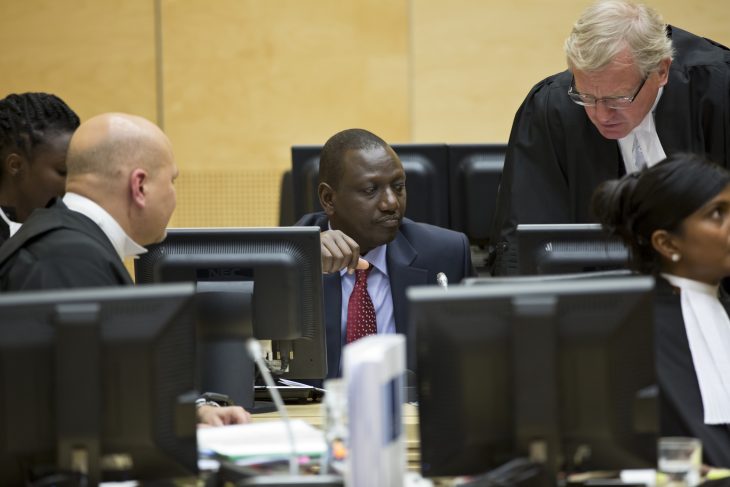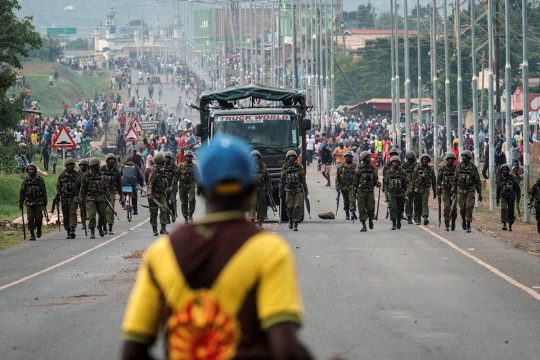The International Criminal Court upheld Friday an appeal by Kenyan Deputy President William Ruto, denying war crimes prosecutors the use of recanted testimonies to beef up a faltering case of crimes against humanity.
In what will be seen as a major victory by the Kenyan government, judge Piotr Hofmanski said the court had interpreted the rules "too narrowly" on using such evidence.
This was "to the detriment" of Ruto and his co-accused radio boss Joshua arap Sang as his defence team had been denied the chance to cross-examine such witnesses.
In a unanimous decision "the appeals chamber has decided to reverse the decision that... prior recorded testimony can be used," Hofmanski said.
Ruto, 49, and his co-accused, radio boss Joshua arap Sang, 40, face three crimes against humanity charges namely murder, forcible deportation and persecution after disputed elections in December 2007.
Prosecutors say more than 1,300 people died and some 600,000 others were left homeless in Kenya's worst wave of violence since independence from Britain in 1963.
Ruto and Sang deny the charges and Ruto's lawyers have argued there was no proof that he was behind the bloodshed that rocked the powerful east African nation once seen as a regional beacon of stability.
The prosecution claims there was widespread witness intimidation in their case including physical threats and bribery ensuring that witnesses changed and recanted their testimonies.
In August last year, trial judges at the Hague-based tribunal agreed with prosecutors, saying the testimony of five witnesses could be used in the prosecution's case.
Ruto and Sang's lawyers appealed the decision however arguing that the recanted evidence would disadvantage their clients and breach their rights to a fair and speedy trial.






